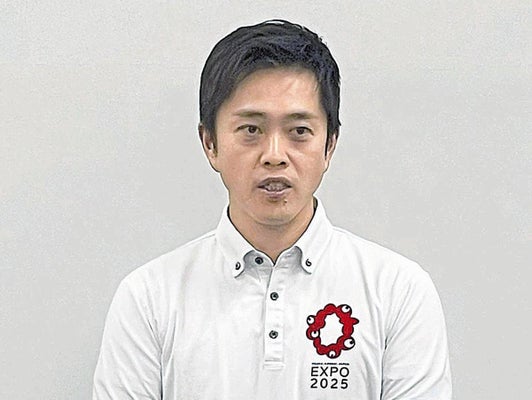Further indicating a political shift, members of Japan's Restoration (Ishin no To) are increasingly optimistic about engaging in coalition talks. While specific parties involved in these discussions are not yet officially announced, insiders are suggesting momentum is building. This move is integral in shaping Japan's political landscape, influence the country's governance, and address pressing national issues.
In Japan, coalition-building significantly determines the balance of political power as it directly affects decision-making in the Diet, Japan's bicameral parliament. This openness from Ishin no To, a significant third force in Japanese politics, can potentially change the political dynamics within Japan, thus gaining attention from political observers and the public. Parties often consider public opinion, regional representation, and policy agreement when discussing possible coalitions.
Similar to the US or EU, coalitions in Japan reshape political dynamics, though they are more routinely part of the political process in Japan, and more akin to EU nations with multiparty systems. Unlike the two-party dominance in the US, coalition building in Japan reflects the diverse array of political parties and their need to secure majority support in the Diet to enact legislation.

